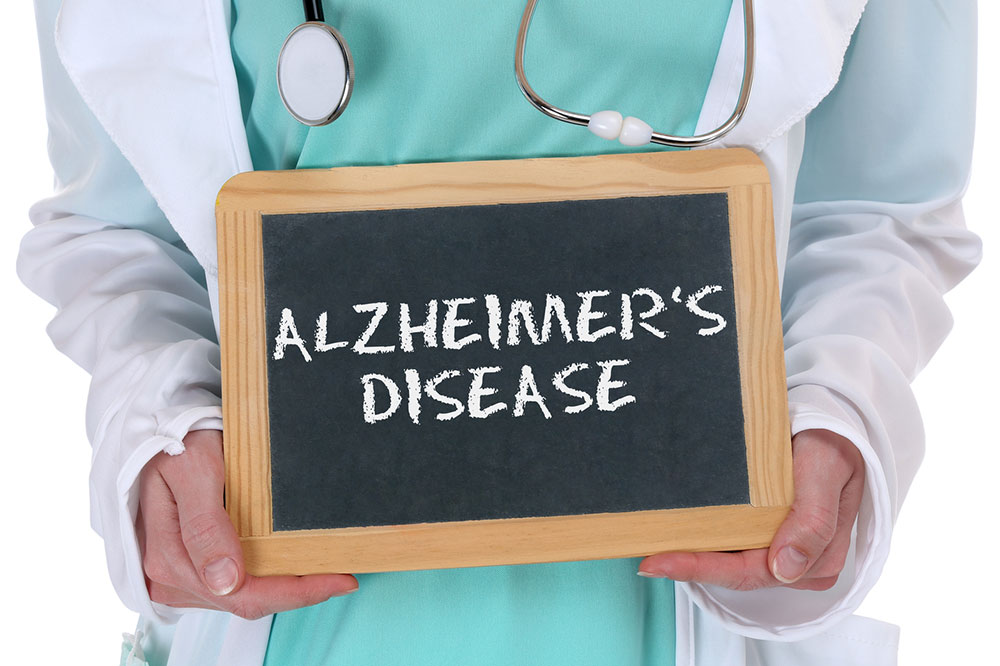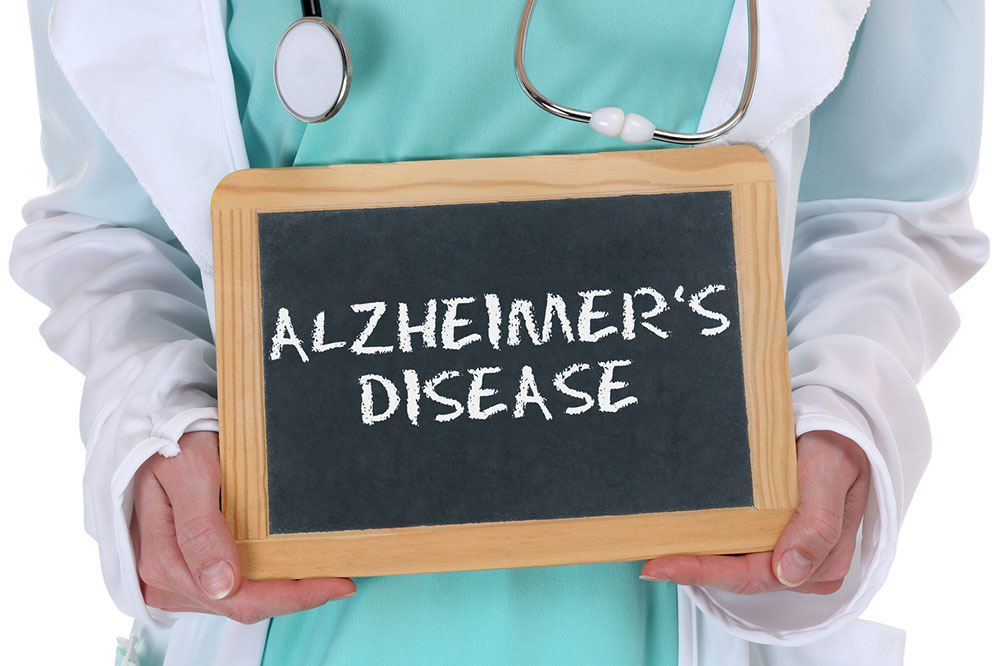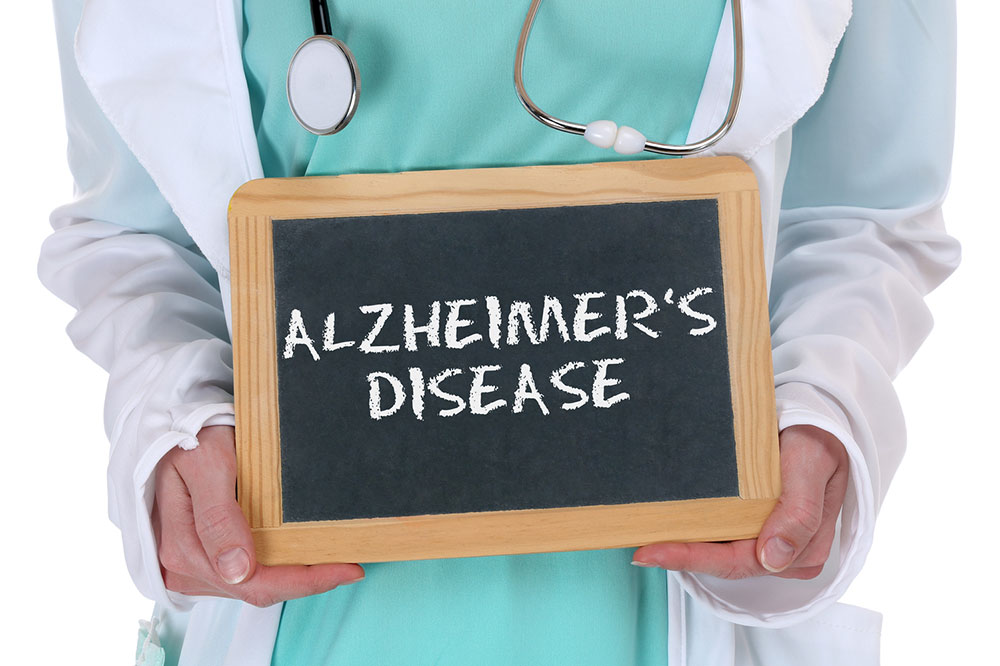Comprehensive Overview of Alzheimer’s Disease: Causes, Symptoms, Diagnosis, and Management
This in-depth guide provides comprehensive insights into Alzheimer’s disease, covering its stages, symptoms, causes, diagnostic methods, and current treatment options. It emphasizes the importance of early detection and ongoing research for better management and future therapies, aiding patients and caregivers in understanding and tackling this complex neurological disorder.

A Complete Guide to Understanding Alzheimer’s Disease
Alzheimer’s disease is a complex, progressive neurological disorder that significantly impacts brain function, leading to the gradual death of nerve cells. It is recognized as the most common form of dementia worldwide, affecting millions of individuals across all age groups, with the risk increasing sharply after age 65. Annually, over 5 million new cases are diagnosed globally, underscoring the importance of awareness, early detection, and management strategies. Understanding the various stages of Alzheimer’s, its symptoms, underlying causes, diagnostic procedures, and current treatment options is essential for patients, families, caregivers, and healthcare professionals aiming to improve quality of life and develop effective care plans.
The Progressive Nature and Stages of Alzheimer’s Disease
Alzheimer’s disease progresses through a series of well-defined stages, originally categorized into seven phases, as detailed by authoritative organizations such as the Alzheimer’s Association. These stages encompass everything from initial, no-symptom phases to severe cognitive and functional impairment. Recognizing these stages can facilitate timely diagnosis and intervention, significantly affecting prognosis and care strategies.
The onset of Alzheimer’s is often subtle, with no apparent symptoms during the earliest stage, known as preclinical Alzheimer’s. As the disease progresses to mild cognitive impairment (MCI), subtle memory difficulties and lapses become evident. In moderate and severe phases, patients experience profound difficulties with daily tasks, language, and personal care. Typically, the disease unfolds in three overarching phases: a pre-symptomatic stage with no noticeable issues, an early symptomatic phase characterized by mild cognitive decline, and a final, severe stage marked by significant functional and cognitive deterioration.
Recognizing Early Symptoms
The earliest and most noticeable signs of Alzheimer’s usually involve memory problems, especially forgetfulness about recent events, appointments, or names. These lapses often seem innocuous initially but gradually intensify. As the disease advances, individuals may experience behavioral and mood changes such as increased anxiety, depression, or agitation. Personality shifts can emerge, and patients often struggle with judgment, problem-solving, and following familiar routines. Behavioral alterations like irritability, social withdrawal, and apathy often appear. As cognitive functions decline further, patients become increasingly dependent, requiring full assistance with daily activities such as dressing, bathing, and eating. The emotional toll includes feelings of frustration, depression, and loss of independence, not only for patients but also for caregivers.
Potential Causes and Risk Factors
Despite extensive research, the precise cause of Alzheimer’s remains elusive. However, scientists have identified several risk factors that increase susceptibility. Age is the most significant factor, with the majority of cases occurring in individuals aged 65 and older. Genetics also play a crucial role; having a family history of Alzheimer’s increases one's risk, especially with specific gene mutations such as those in the APOE ε4 allele. Additional factors that contribute to disease development include cardiovascular health issues like hypertension, high cholesterol, obesity, and diabetes. Poor lifestyle choices, such as smoking and lack of physical activity, can further elevate risks. Emerging research suggests that lifestyle modifications—such as regular exercise, a healthy diet, cognitive engagement, and blood pressure control—may help reduce the risk or delay onset.
Methods for Diagnosing Alzheimer’s Disease
Diagnosing Alzheimer’s is a complex process that involves a comprehensive assessment of medical history, cognitive testing, and neurological evaluation. Since there are no definitive blood or urine tests specifically for Alzheimer’s, clinicians rely on ruling out other conditions that can mimic its symptoms. Diagnostic procedures include mental status assessments, brain imaging, and laboratory tests. Neurological examinations focus on sensory, motor, and reflex responses to identify any abnormalities. In some cases, doctors may recommend advanced testing such as genetic screening, blood tests to analyze biomarkers, or neuroimaging techniques like CT and MRI scans to detect brain atrophy and other structural changes. These assessments help establish a diagnosis, determine disease severity, and guide treatment decisions.
Current Treatment and Management Strategies
Currently, there is no cure for Alzheimer’s disease. Treatment primarily aims to manage symptoms, slow disease progression, and improve patient quality of life. Pharmacological options include cholinesterase inhibitors (such as Donepezil, Rivastigmine, and Galantamine) and NMDA receptor antagonists (like memantine), which can temporarily enhance or stabilize cognitive functions. Non-pharmacological interventions are equally important and include cognitive therapies, physical activity, occupational therapy, and behavioral management techniques. Supportive care, environmental modifications, and caregiver education are vital components of comprehensive management. Ongoing research is focused on developing more effective therapies, including potential disease-modifying drugs, immunotherapy, and stem cell treatments, aiming to halt or reverse neurodegeneration in the future.
In conclusion, understanding Alzheimer’s disease thoroughly—from its stages and symptoms to its causes and current treatments—empowers patients and caregivers to better navigate the challenges posed by this devastating illness. Early diagnosis and intervention remain crucial for slowing progression and enhancing quality of life, while ongoing research continues to bring hope for future curative options.





